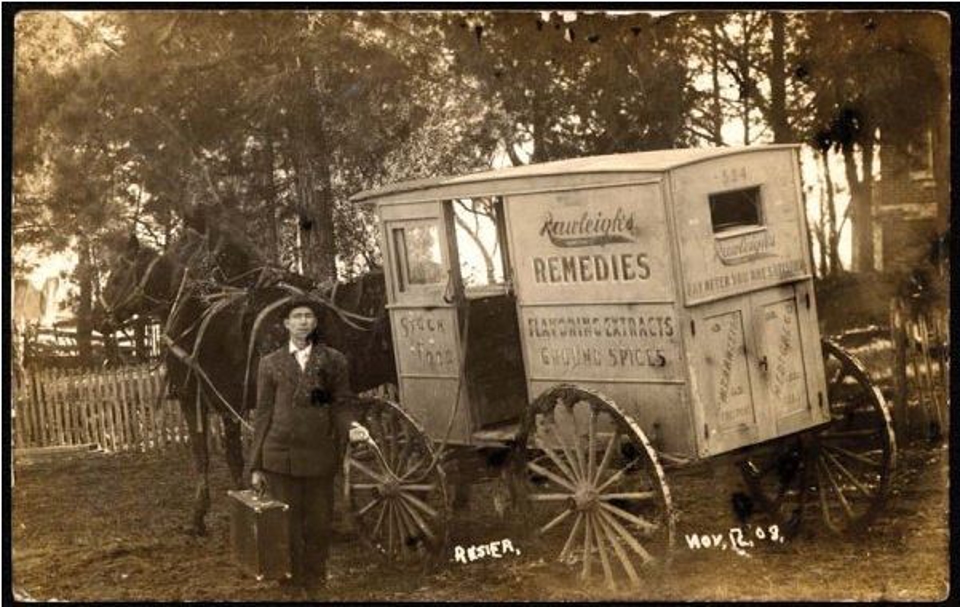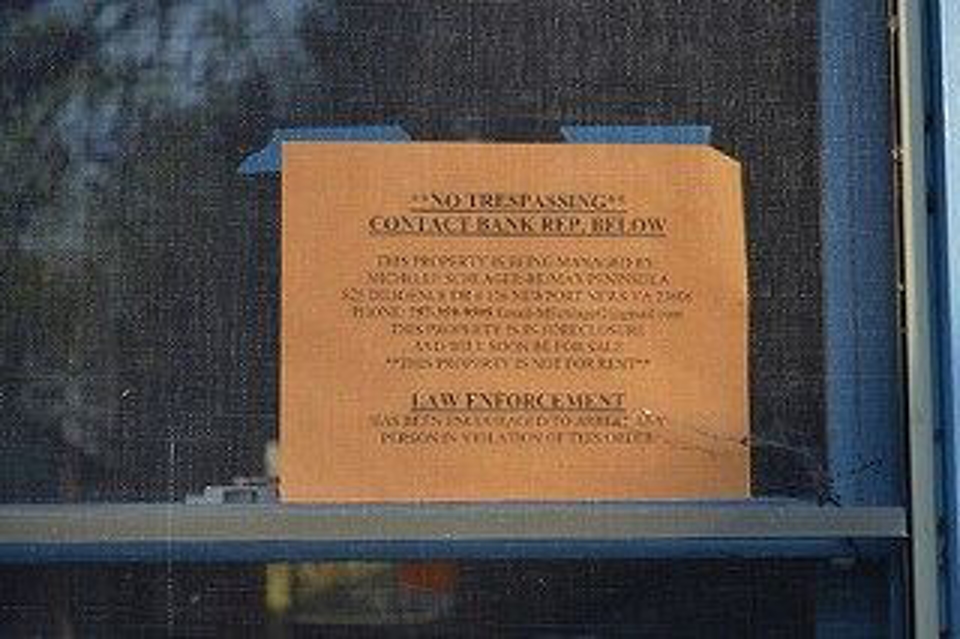Protective orders in Virginia, also known as “restraining orders,” serve a very essential safety purpose. In Virginia, judges or magistrates issue protective orders for victims of violence, threats of violence, death, bodily injury, or sexual assault. In cases of family abuse, Code Section 16.1-279.1 codifies the Virginia protective order laws.
There are three types of protective orders that a judge can issue:
- Emergency Protective Order (“EPO”). An emergency protective order or EPO is good for the later of three days (until 11:59 p.m. on the final day) or the next day court is in session. This means that if you get a protective order on Thursday, it will be effective through the weekend, since court is not in session until Monday morning, or the next day if Monday is a holiday. If you can’t file a petition for a preliminary protective order because you’re physically or mentally unable to do so, you may be able to ask a sheriff or police officer to ask for an extension on your behalf. The EPO, if issued, is done on an ex parte basis, which means that your alleged abuser will not be part of the process.
- Preliminary Protective Order (“PPO”). A preliminary protective order or PPO is good for 15 days or until the court can have a full hearing on the matter. If you’re granted a preliminary protective order, you’ll automatically receive a hearing date after 15 days to determine whether or not you have sufficient cause to seek a permanent protective order. A sheriff will serve the preliminary protective order to the alleged abuser, and the alleged abuser has a legal right to be present at the hearing and can provide evidence. You will also be required to provide evidence that the abuse occurred.
- Permanent Protective Order or a “full protective order” can last up to two years.
Where do I get a Protective Order?
You can go to a magistrate, to the clerk of the general district court
or to the clerk of the juvenile and domestic relations district court
for a protective order. During court hours, you can go to the intake office
of the juvenile and domestic relations district court (“JDR”)
for a family protective order if the person you need protection from is
a member of your family or juvenile. For all other protective orders,
you can go to the general district court (“GDC”) clerk’s
office. A court clerk or intake officer will help you complete your protective
order or give you the forms for completion (sometimes, you can use the
computer terminals to complete the form). After court hours, go to your
local magistrate’s office.
What is Family Abuse?
Virginia family law defines “family abuse” as an act of violence,
threat, or force that actually results in bodily injury or places you
in reasonable apprehension of death, bodily injury or sexual assault,
and this injury or fear was committed by a household or family member.
A “family or household member” can be your ex-spouse, spouse,
parent, or other family member, living in your home or somewhere else.
It also includes in-laws if they live in your home. It also includes parents
of your child, whether or not you were married, and it doesn’t matter
that you don’t live together.
If you need an attorney to help you file a protective order, your attorney
may be able to ask the court for fees and costs for helping you if you’re
seeking a permanent protective order. A person violating an active protective
order may be in contempt of court, which may be punishable as a criminal offense.
If you’re successful in obtaining a protective order, the alleged
abuser’s information will be forwarded to the Virginia Criminal
Information Network, and there will be restrictions on the alleged abuser’s
ability to carry and purchase firearms during the terms of the order.
What is the Cost for a Protective Order?
To complete the form yourself, there are no filing fees at this time.
What Happens After I File for a Protective Order?
After you complete the court forms, you will speak with the magistrate,
judge, clerk, or intake officer, and you will complete an affidavit, under
oath, providing the reasons you’re seeking a protective order.
Fairfax Family Law and Divorce Lawyer: If you’re looking for an experienced Virginia family lawyer and divorce attorney, contact Keithley Law, PLLC, PLLC today by calling (703) 454-5147and schedule an initial consultation in our Fairfax law office.
Legal Disclaimer: The information provided on “Keithleylaw.com” is strictly for educational purposes and to provide you with general educational information about Virginia laws. Since state laws are subject to change, please schedule an appointment with our office to further discuss your personal situation. This public information is neither intended to, nor will, create an attorney-client relationship. This website may be considered AN ADVERTISEMENT or Advertising Material under the Rules of Professional Conduct governing lawyers in Virginia. This web site is designed for general information only. The information presented at this site should not be construed to be formal legal advice nor the formation of a lawyer/client relationship. This website may not comply with other state ethics’ rules governing attorney advertising.






